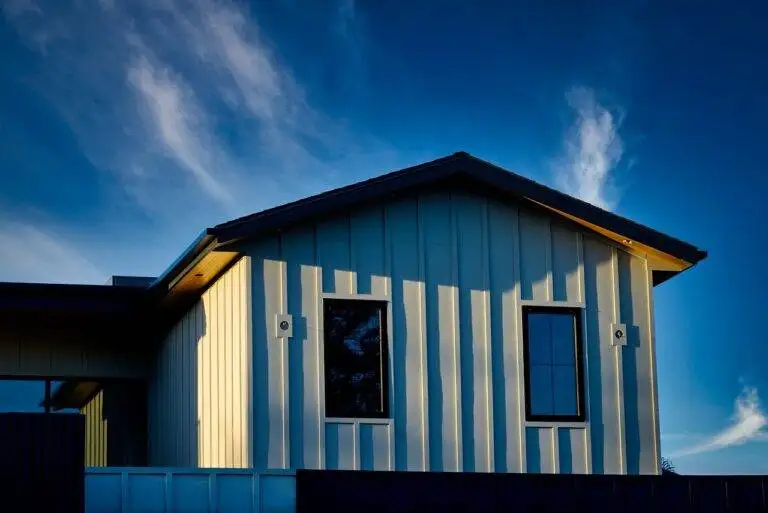The Future of Demolition: Sustainability and Efficiency: Allexchbet, 99exch, All panel.com
allexchbet, 99exch, all panel.com: In the world of construction and development, demolition plays a crucial role in making way for new structures and revitalizing communities. However, as we move towards a more sustainable future, it’s essential to consider how we can make the demolition process more environmentally friendly and efficient. In this article, we’ll explore the future of demolition, focusing on sustainability and efficiency.
The Rise of Sustainable Demolition Practices
Over the years, the construction industry has made significant strides in adopting sustainable practices, and demolition is no exception. Traditional demolition methods often involved using heavy machinery and equipment that contributed to noise pollution, air pollution, and waste generation. However, with advancements in technology and a growing awareness of the impact of construction activities on the environment, sustainable demolition practices are becoming more prevalent.
One of the key pillars of sustainable demolition is the concept of deconstruction. Rather than simply tearing down a structure and sending all the materials to the landfill, deconstruction involves carefully dismantling a building and salvaging reusable materials such as wood, metal, and concrete. These materials can then be repurposed or recycled, reducing the amount of waste that ends up in landfills.
In addition to deconstruction, sustainable demolition practices also focus on minimizing the use of heavy machinery and equipment that consume fossil fuels and emit greenhouse gases. Alternative methods such as selective demolition, where only certain parts of a structure are removed, can help reduce the environmental impact of demolition activities.
Efficiency Through Technology
In addition to sustainability, the future of demolition also lies in increasing efficiency through the use of technology. Advancements in robotics and automation are revolutionizing the way demolition projects are carried out, making the process faster, safer, and more precise.
Robotic demolition machines equipped with advanced sensors and cameras can access hard-to-reach areas and dismantle structures with precision and control. These machines not only reduce the risk of accidents for workers but also minimize the amount of dust and debris generated during the demolition process.
Furthermore, the use of Building Information Modeling (BIM) technology is transforming the way demolition projects are planned and executed. By creating 3D models of structures before demolition begins, contractors can identify potential hazards, optimize workflows, and minimize downtime, ultimately improving project timelines and budget management.
The Future of Demolition: Sustainability and Efficiency
As we look towards the future, the key to successful demolition projects lies in finding the balance between sustainability and efficiency. By adopting sustainable practices such as deconstruction and minimizing environmental impact, we can ensure that our demolition activities contribute to a more eco-friendly built environment.
Furthermore, by harnessing the power of technology and automation, we can streamline demolition processes, improve safety standards, and optimize project outcomes. The future of demolition is bright, with endless possibilities for innovation and improvement that will shape the way we build and rebuild our communities.
FAQs
Q: What is deconstruction, and how does it differ from traditional demolition?
A: Deconstruction involves carefully dismantling a building and salvaging reusable materials, whereas traditional demolition typically involves tearing down a structure and sending materials to the landfill.
Q: How can technology improve the efficiency of demolition projects?
A: Technology such as robotic demolition machines and Building Information Modeling (BIM) can streamline workflows, improve safety standards, and optimize project timelines and budgets.
Q: What are some benefits of adopting sustainable demolition practices?
A: Sustainable demolition practices can help reduce waste generation, minimize environmental impact, and contribute to a more eco-friendly built environment.







